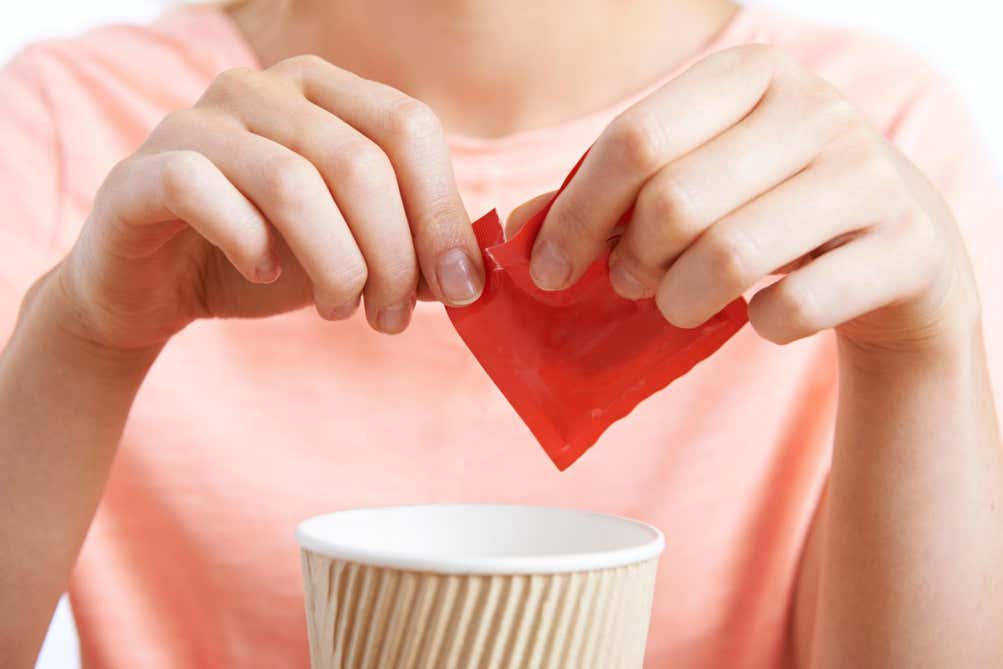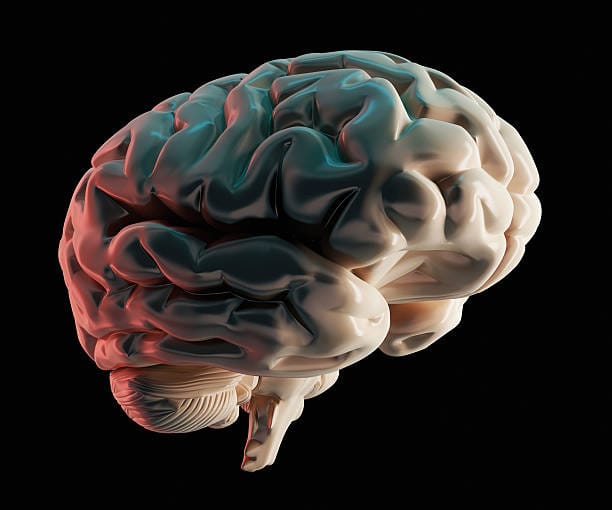A common sugar substitute found in diet sodas and “sugar-free” snacks may be silently interfering with one of the most powerful cancer treatments available today. New research led by scientists at the University of Pittsburgh and UPMC Hillman Cancer Center reveals that sucralose, an artificial sweetener widely used by those cutting calories or managing blood sugar, could hinder the body’s ability to fight cancer during immunotherapy.
Published in the journal Cancer Discovery, the study found that cancer patients with high sucralose intake had significantly poorer responses to immunotherapy and worse survival outcomes compared to those who consumed little or no sucralose. The research focused on patients battling melanoma and non-small cell lung cancer, two forms of cancer often treated with cutting-edge immune checkpoint inhibitors like anti-PD1 therapies.
A Quiet Disruption in the Gut
To uncover what was happening behind the scenes, researchers turned to mouse models and uncovered a fascinating, yet alarming, chain reaction. Mice fed sucralose experienced profound changes in their gut microbiome—the vast ecosystem of bacteria that lives in the digestive tract and quietly orchestrates many aspects of human health.
In these mice, sucralose disrupted the balance of gut bacteria, favoring species that break down a critical amino acid called arginine. As arginine levels dropped in the blood, tumors, and stool, a key piece of the immune puzzle began to unravel.
“Arginine is essential for T cell function, especially during cancer treatment,” explained lead author Dr. Abby Overacre, assistant professor of immunology at the University of Pittsburgh. T cells are the immune system’s elite soldiers, trained to recognize and destroy cancer cells. When arginine becomes scarce, these T cells falter—and so does the immunotherapy that depends on them.
In mice receiving anti-PD1 therapy, sucralose-fed groups had larger tumors and shorter survival, starkly illustrating the impact. “When arginine levels were depleted due to sucralose-driven shifts in the microbiome, T cells couldn’t function properly,” said Overacre. “As a result, immunotherapy wasn’t as effective in mice that were fed sucralose.”
A Ray of Hope in Arginine Supplementation
Yet there was a silver lining. The researchers discovered that by supplementing the mice’s diets with arginine—or with citrulline, a compound the body converts into arginine—they could reverse the negative effects of sucralose. Tumor response to immunotherapy improved, and survival rates increased, offering a potential pathway for human treatment strategies.
“It’s easy to say, ‘Stop drinking diet soda,’ but when patients are being treated for cancer, they are already dealing with enough,” said Overacre. “Asking them to drastically alter their diet may not be realistic. That’s why it’s so exciting that arginine supplementation could be a simple approach to counteract the negative effects of sucralose on immunotherapy.”
Echoes in Human Data
To assess whether these mouse-model findings could reflect real-world patient experiences, the team examined data from 132 human cancer patients with melanoma or non-small cell lung cancer undergoing anti-PD1 immunotherapy. Patients completed detailed dietary questionnaires, including information about artificial sweetener consumption in diet sodas, coffee, and tea.
The patterns were unmistakable. Patients with higher sucralose consumption had poorer outcomes, regardless of cancer type, stage, or whether they were receiving immunotherapy alone or in combination with chemotherapy.
“We found that sucralose impeded the effectiveness of immunotherapies across a range of cancer types, stages, and treatment modalities,” said senior author Dr. Diwakar Davar, associate professor of medicine and a medical oncologist and hematologist at UPMC Hillman. “These observations raise the possibility of designing prebiotics, such as targeted nutrient supplementation, for patients who consume high levels of sucralose.”
Why This Matters: The Hidden Power of the Microbiome
This study adds to a growing body of evidence showing that the gut microbiome can make or break cancer treatment. Immune checkpoint inhibitors like anti-PD1 have transformed cancer care, offering long-term survival for many patients once considered incurable. But these therapies don’t work for everyone—and now, it appears that something as seemingly benign as a sugar-free drink could be tipping the scales.
It’s not just about the sweetener itself, but what it does to the delicate microbial balance inside the body. In this case, sucralose favors bacteria that chew through arginine, a nutrient immune cells desperately need during a cancer fight. Without it, T cells slow down, tumors grow, and therapy fails.
This insight doesn’t just highlight a new risk factor; it opens the door to new solutions. If we can pinpoint the specific microbial culprits—and understand how they affect nutrient levels—we can begin to engineer supportive environments inside the body that enhance immunotherapy instead of undermining it.
What’s Next: Clinical Trials and Broader Questions
Encouraged by their findings, the researchers are now planning clinical trials to test whether citrulline supplements can restore healthy arginine levels in human patients and improve their responses to immunotherapy. Citrulline is particularly promising because it boosts arginine levels more effectively than arginine itself and may bypass some of the bacterial degradation that sucralose causes.
They also plan to investigate other artificial sweeteners—including aspartame, saccharin, xylitol, and stevia—to see whether they pose similar risks. Although sucralose was the focus of this study, the broader implications are clear: we don’t yet fully understand how the chemicals we consume affect the inner workings of the immune system.
A Balancing Act Between Convenience and Cure
The new findings highlight a difficult tension in modern medicine: balancing patients’ everyday habits with complex biological realities. Artificial sweeteners are marketed as health-friendly alternatives, and for many people, they are daily staples. But this study serves as a potent reminder that “sugar-free” doesn’t always mean consequence-free, especially for those fighting serious illnesses like cancer.
“We need to meet patients where they are,” emphasized Overacre. “If we can’t ask everyone to eliminate sucralose, we should at least explore tools to neutralize its effects.”
That’s what makes this research so powerful: it doesn’t just identify a problem, it proposes a solution. A simple supplement, a change in microbial balance, a better understanding of what happens after that first sip of diet soda—these small insights could tip the balance in the war against cancer.
The Big Picture: Nutrition, Immunity, and the Future of Cancer Care
In the age of precision medicine, the interaction between diet, microbiome, and immunity is becoming impossible to ignore. As science peels back the layers of the immune system’s complexity, it’s becoming clear that what we eat influences how we heal—sometimes in profound ways.
This research is more than a cautionary tale about artificial sweeteners. It’s a call to examine every facet of cancer treatment, from lab bench to dinner plate. By understanding and respecting the biochemical dance between nutrients and microbes, we can design therapies that support the immune system, not sabotage it.
The next generation of cancer care may not only involve cutting-edge drugs and powerful imaging, but also carefully calibrated diets, targeted supplements, and personalized microbial interventions. The path to healing might lie not only in what we prescribe, but in what we consume every day—one molecule at a time.
More information: Sucralose consumption ablates cancer immunotherapy response through microbiome disruption, Cancer Discovery (2025). DOI: 10.1158/2159-8290.CD-25-0247






